Fear of Loneliness seeps through me,
Like sand slips through my fist.
It was long and slow,
I couldn’t recognize its flow.
I thought I was holding the sand intimately,
However, I overlooked its tendency!
SIMRA SAJID
What Is Fear Of Loneliness?
What Is Fear Of Loneliness?
Fear Of Loneliness is the suspicion and anxiety that you might be left alone or abandoned in the future ( maybe after 5 minutes ) and is an unpleasant feeling. It negatively affects your regular life.
It is more disturbing than loneliness itself because it affects both your present and future, to be precise.
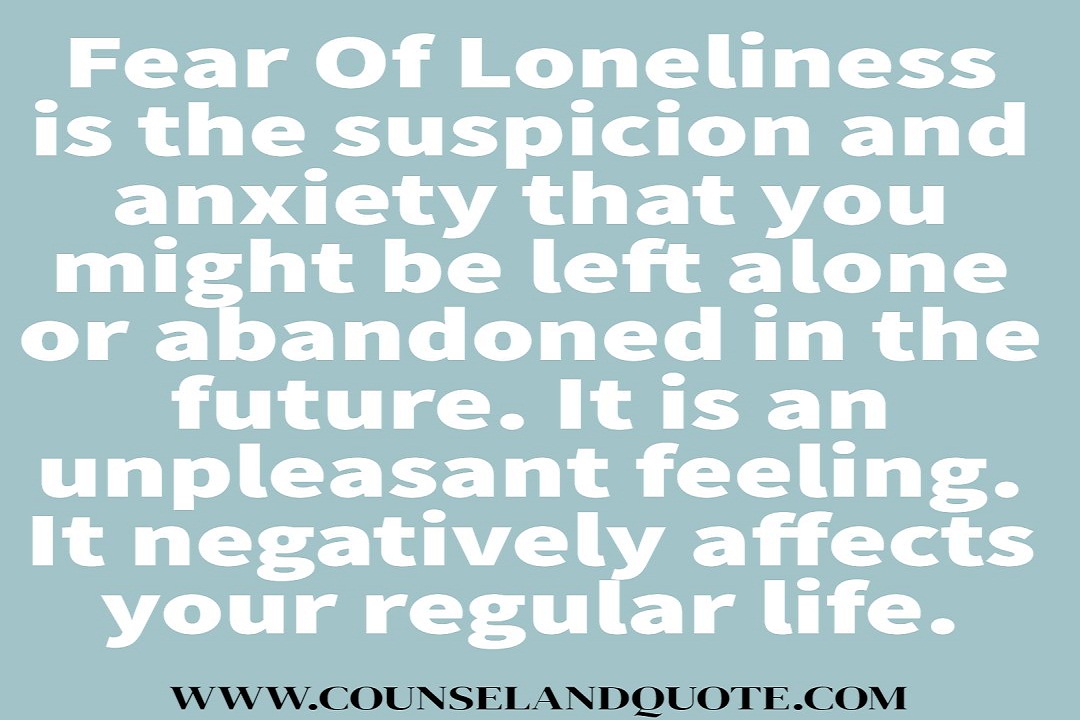
You waste your current time thinking of all the “what ifs” when you would be left lonely.
The term for fear of loneliness is known as monophobia and autophobia mainly. But we have other names too.
Fear of loneliness is skyrocketing with increasing loneliness among different walks of folks.
We need to understand that loneliness has an inevitable relationship with every human being. I tried to bring out this point at the beginning with the help of my poem on loneliness.

Thomas Wolfe, an American novelist quotes, “Loneliness is and always has been the central and inevitable experience of every man.”
Subconsciously, loneliness seeps into us. Reasons could be many like social, emotional, environmental, and mental. If we know the severity of the problem, we can devise a solution.
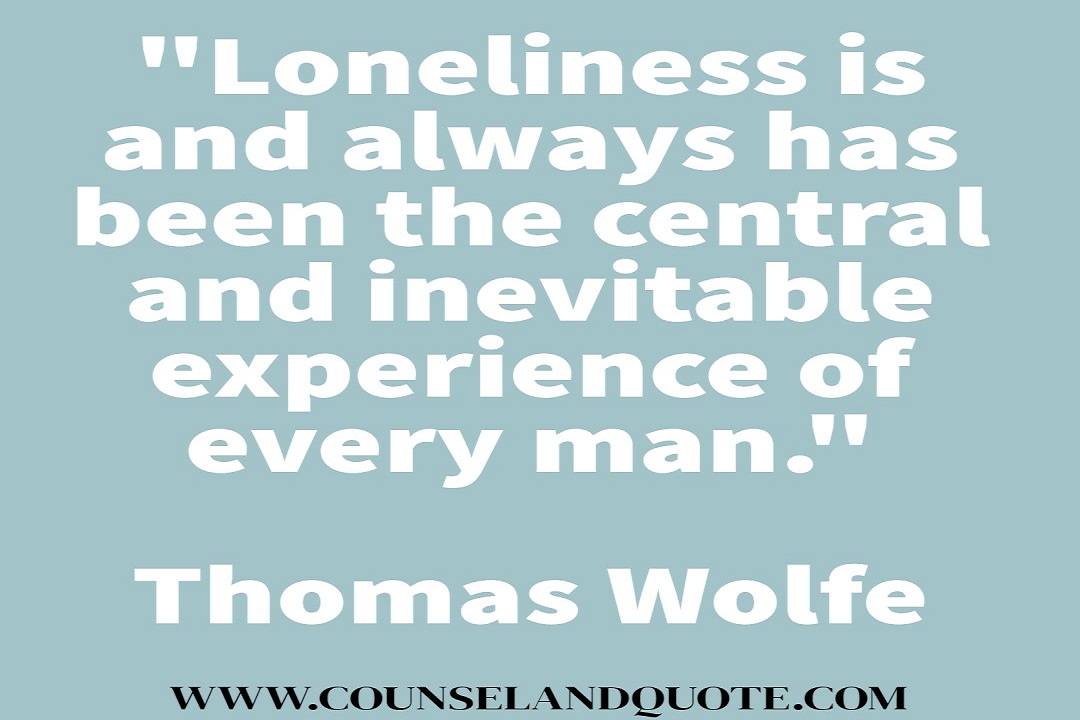
What Is Generation Z?
For an in-depth understanding of the article, we should know what Generation Z actually is.
Let’s look at the definition given in Merriam-Webster Online Dictionary, “the generation of people born in the late 1990s and early 2000s.”
Lexico Online dictionary states, “The generation born in the late 1990s or the early 21st century, perceived as being familiar with the use of digital technology, the internet, and social media from a very young age.”
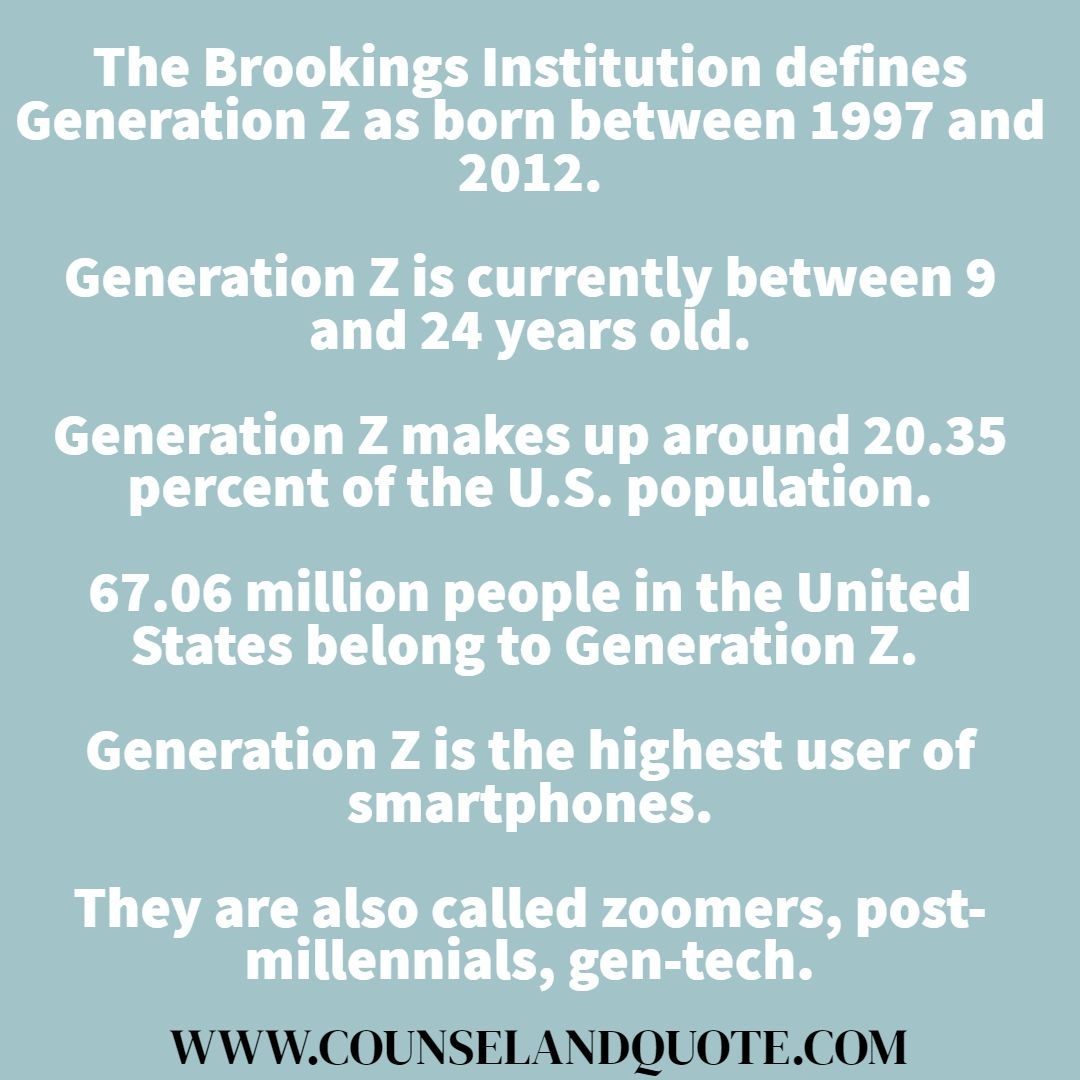
In this light, Dara Treseder, an influencer, quotes, “For Generation Z, swiping, tapping and scrolling are about as second nature as breathing.”
Specifically, The Brookings Institution defines Generation Z as born between 1997 and 2012.
Generation Z is currently between 9 and 24 years old. The survey on resident population in the United States in 2020, by generation, shows Generation Z makes up around 20.35 percent of the U.S. population that is 67.06 million people in the United States belong to Generation Z. Generation Z is the highest user of smartphones among 96% of Americans who have a smartphone.
Because of these peculiarities, they are also called zoomers, post-millennials, gen-tech, and many more.
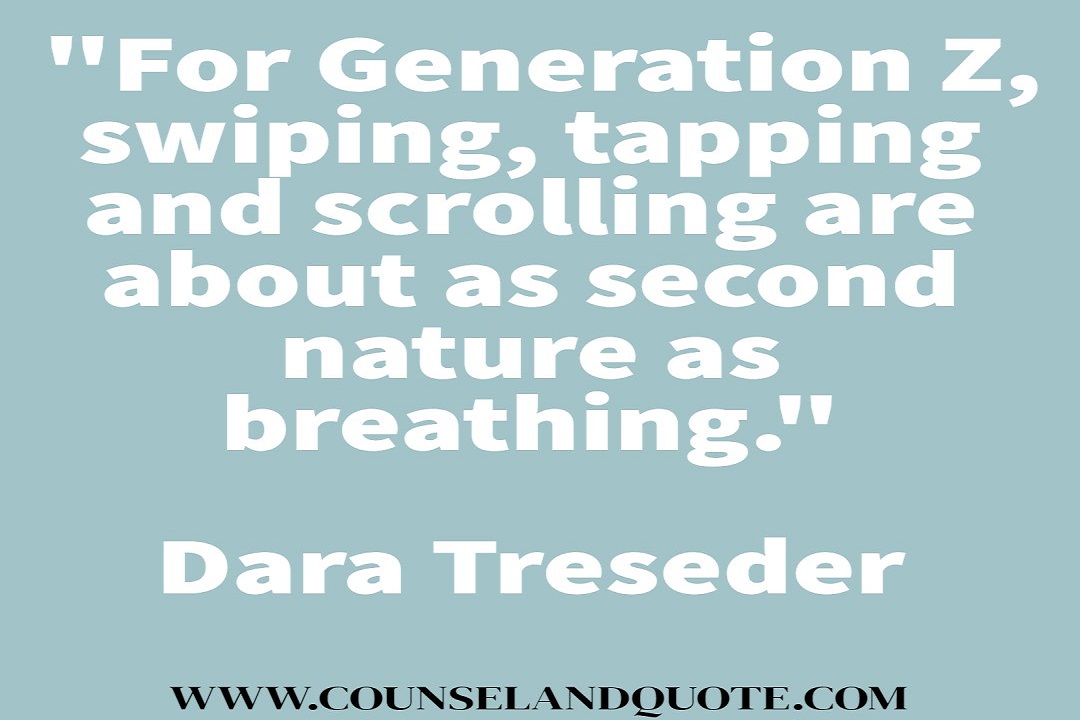
What Is Fear Of Loneliness In Generation Z?
Generation Z is trapped in the arms of loneliness. No wonder why Generation Z is called the “Loneliest Generation.” Between 2012 and 2018, almost twice as many high school students worldwide reported feeling lonely compared to the previous decade. That’s a humongous spike in a short period.
Generation Z has witnessed the largest amount of mental health problems like depression, anxiety, stress, and loneliness.
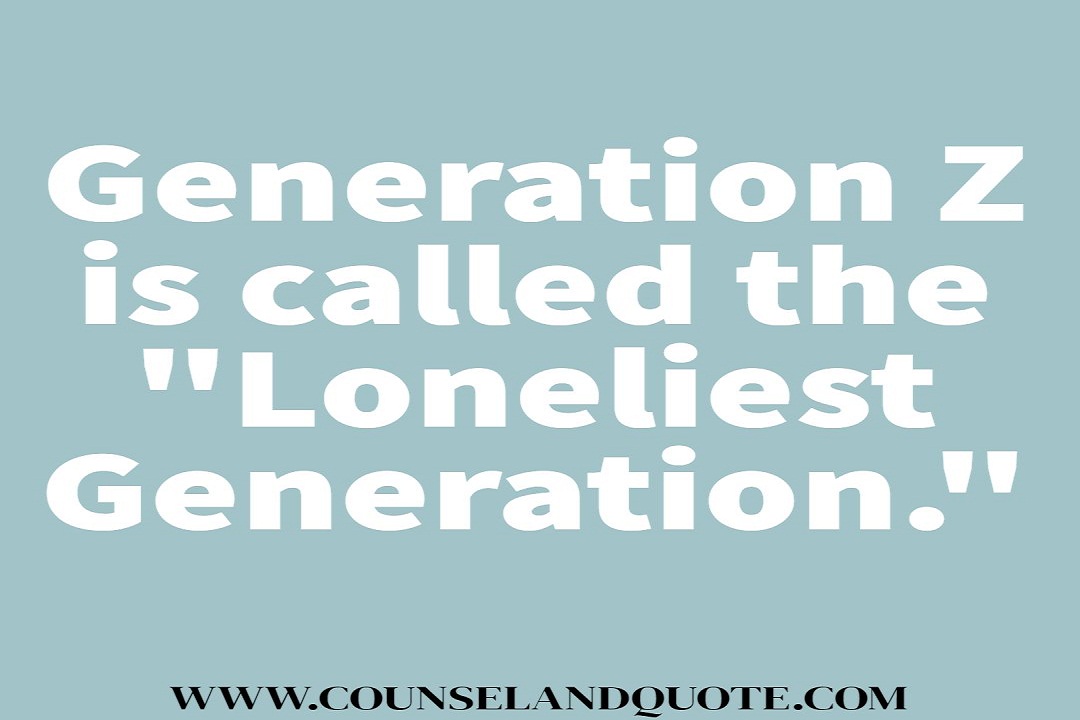
Loneliness is actually deadly if we look at its ill effects on our health.
Let’s look at the following data, Cigna, citing a 2010 Brigham Young University study, says “loneliness has the same impact on mortality as smoking 15 cigarettes a day, making it even more dangerous than obesity.”
Another research done by Pew Research Center, shows, some 70% of teens across all genders, races, and family-income levels say that anxiety and depression are significant problems among their peers.
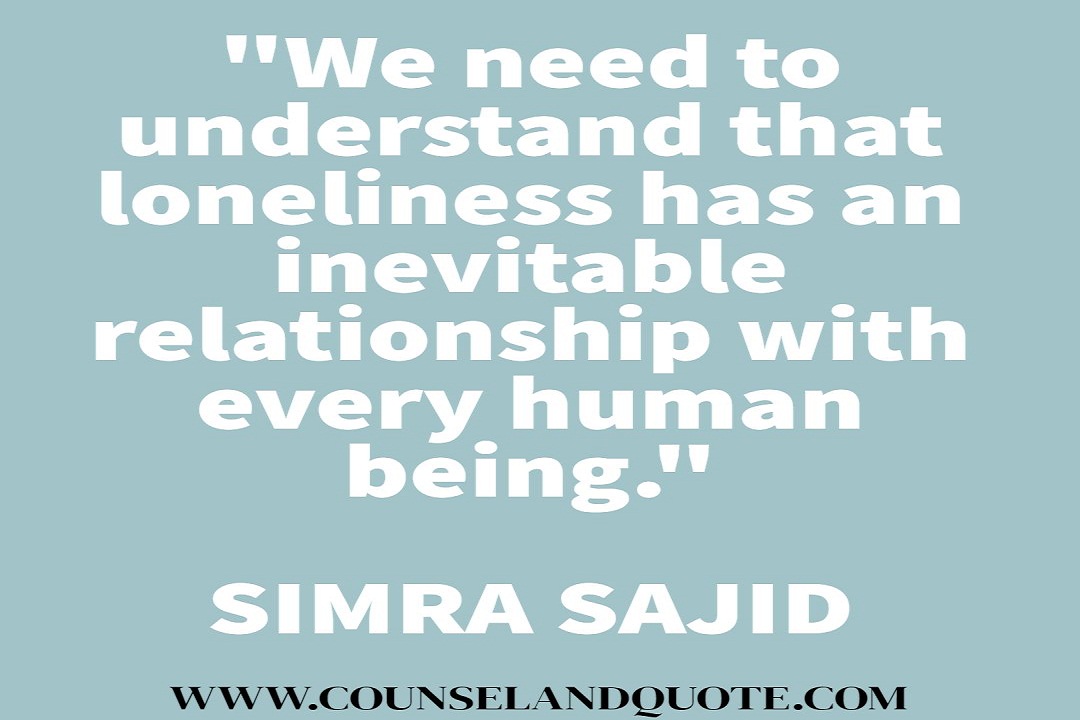
All kinds of mental and emotional issues, are making us swiftly move towards loneliness and it’s terrifying because we have seen its effects way too much on our surroundings.
Why Fear Of Loneliness In Generation Z Is Growing?
This is the most important question we have to answer to find an efficient cure to this problem.
I will put down some most essential reasons why Generation Z is the loneliest generation. Have a look and understand where the roots lie.
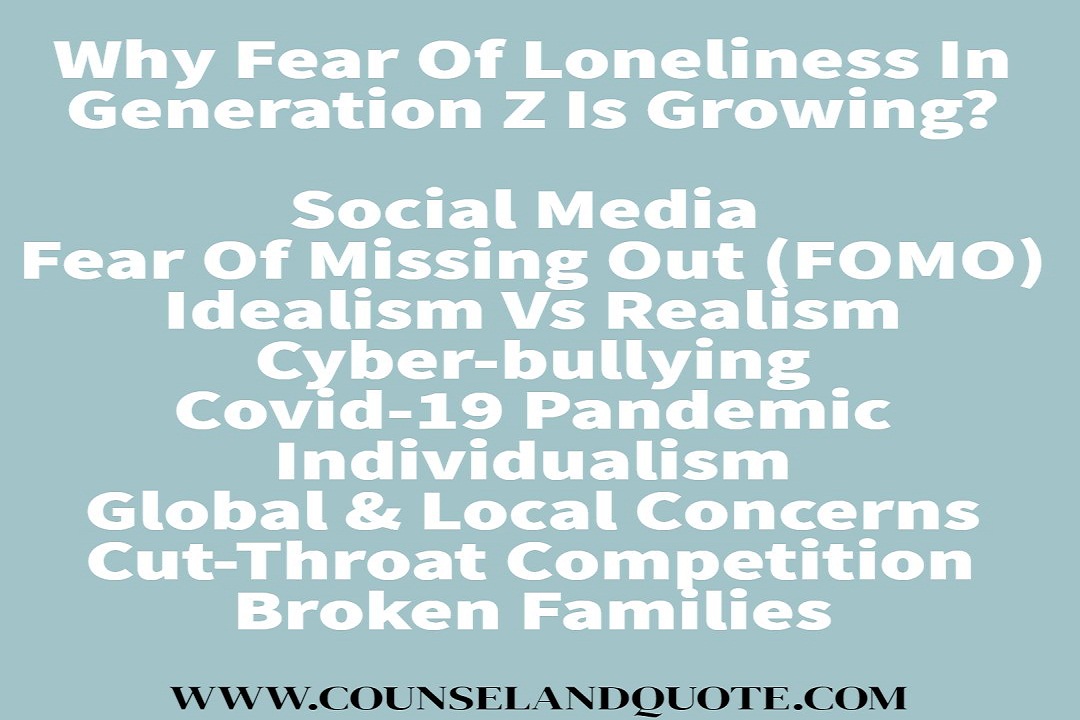
1 – Social Media
Social media is becoming the source and cause of loneliness. Ironically, Social Media has been made to interact, to connect, and to be a healthy pastime.
But Social Media and loneliness move hand in hand now. Miserably, the data we are getting regarding Social Media playing a pivotal role in loneliness, depression, and FOMO is escalating.
Over 4.48 billion people use social media worldwide and Loneliness has been reported 71% in heavy social media users and 51% in light social media users.
Social Media is increasing the fear of loneliness in Generation Z by giving birth to new and more concerning issues. Quickly I will jot down some central ones.
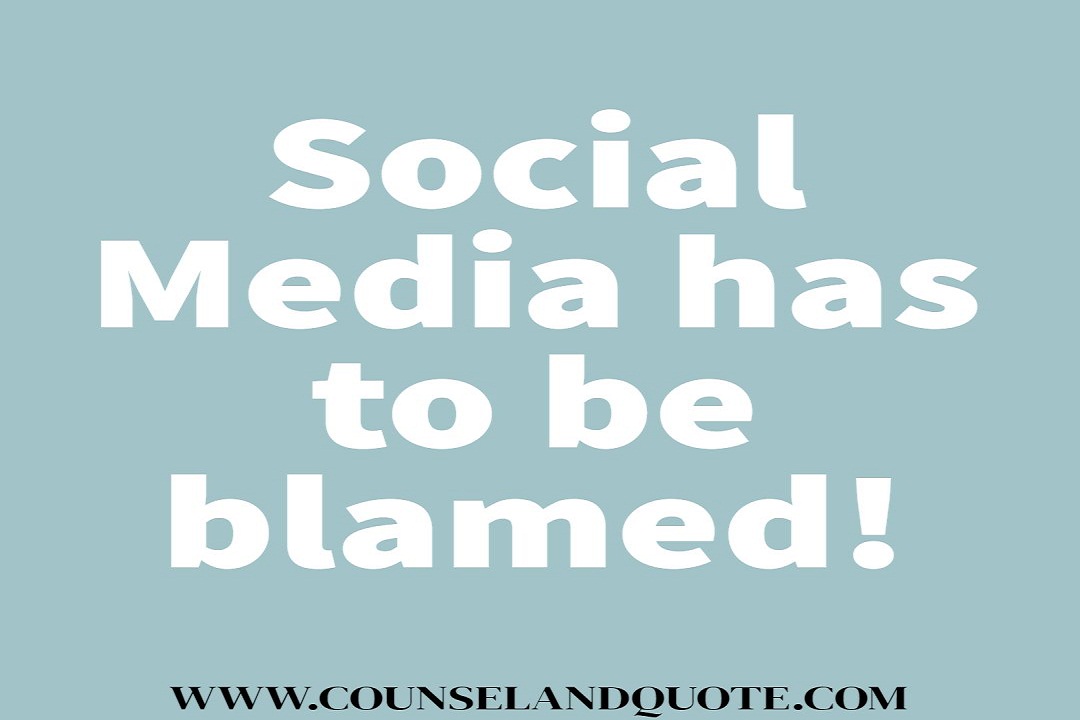
Fear Of Missing Out (FOMO)
FOMO is basically a kind of fear of regret that leads to anxiety that one might lose out on any new opportunities, experiences, events, or something that would work for that being.
It is a concerning state that would make us believe that others are having fun without you and, if you fail to continuously keep a check on them you might be left alone.
Fear Of Missing Out is making its root deeper in us because of the availability of different social media platforms that would allow us to have a look anywhere at any given time.
Thus increasing negative social and emotional experiences such as depression, anxiety, inferiority complex, and loneliness.

Idealism Vs Realism
As soon as we open any social media, we come across spotless sparkling pictures of people having a hell of a lot of fun.
Nobody will ever love to post about their low phase.
Whatever they post on their social media is about their ideal self, it is not their real self.
People strain and put their best and most highlighted part of the day. And you are committing the biggest mistake by comparing their highlighted lives with your regular life.
You are entangled in the trap of Idealism versus Realism.
This will lead you towards a life full of stress, anxiety, envy, insecurity, inferiority complex, depression, loneliness, emotional instabilities, and at worse suicidal tendencies.
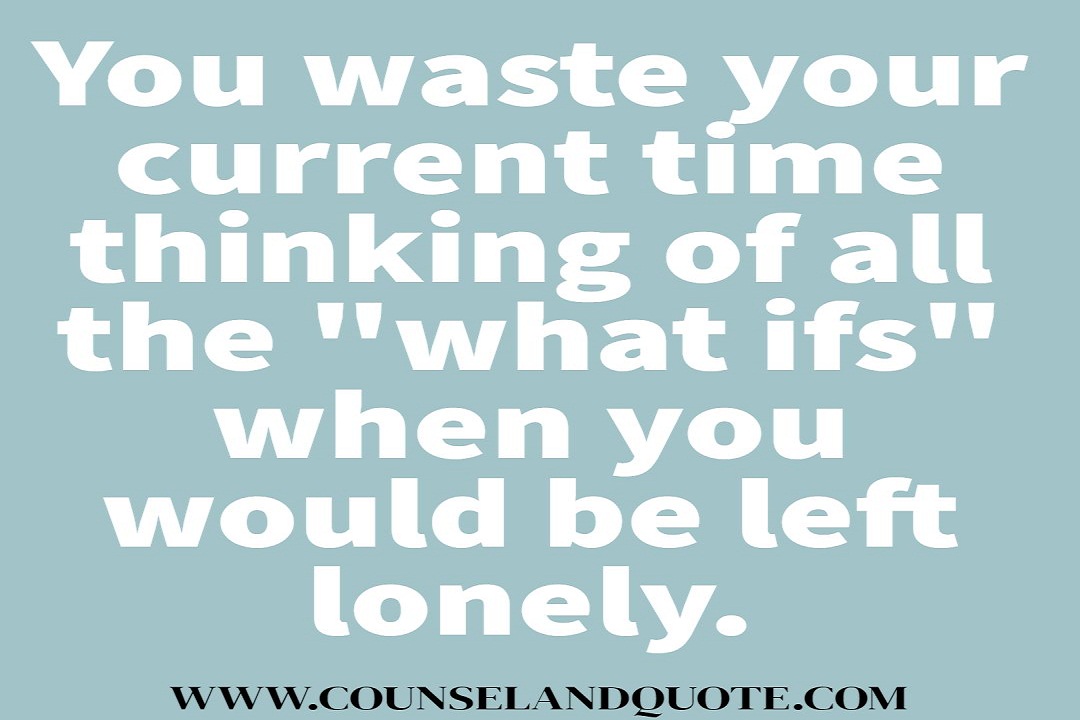
2 – Cyber-bullying
It is a form of cyber harassment that has been done online using social media. It is also known as online bullying.
A large mass of teenagers either are being bullied or are harassing someone online.
Generally, it includes threatening, sexual remarks, spreading rumors, private information, cyberstalking, trolling, and hate speech. And it is done to hurt someone.
A 2018 Pew Research study found that a majority of teens (59%) experienced some form of cyberbullying.
The greater time you spend on social media, the vulnerable you become to cyberbullying.
Cyberbullying is fueling because Generation Z has been provided with a social media platform.
Sufferers of cyberbullying experience lower self-esteem increased suicidal ideation, and various negative emotional responses, including being scared, frustrated, angry, depressed, or lonely.
This is also a major cause of fear of loneliness in Gen Z.
3 – Covid-19 Pandemic

Doubtlessly, Covid-19 brought havoc to our lives. It not only impacted our physical lives but also our mental lives.
During the pandemic, Generation Z is the most vulnerable one. Their mental and emotional health is already fragile according to their age group.
They are experiencing their adulthood or maturation phase in a time full of uncertainty. Their perception of their future looks vague because of violent coronavirus.
For Generation Z teens, ages 13 to 17, 51% said that the pandemic made it impossible to plan for the future.
Even 67% of Generation Z adults in college nodded their heads at the same. This thought process makes them vulnerable as they are not sure about their goal settings. This reminds me of a quote that was rightly said by someone that says, “Keep your goal in mold, but keep your plan in the sand.”
Due to the global pandemic, Generation Z faced issues like
- Losing a loved one in a blink of an eye
- Staying disconnected from their loved ones for the longest period
- An abrupt emotional and mental breakdown
- Hampering their comfortable schedule of life
- Losing hope in everything
- Righteous concern for their financial health
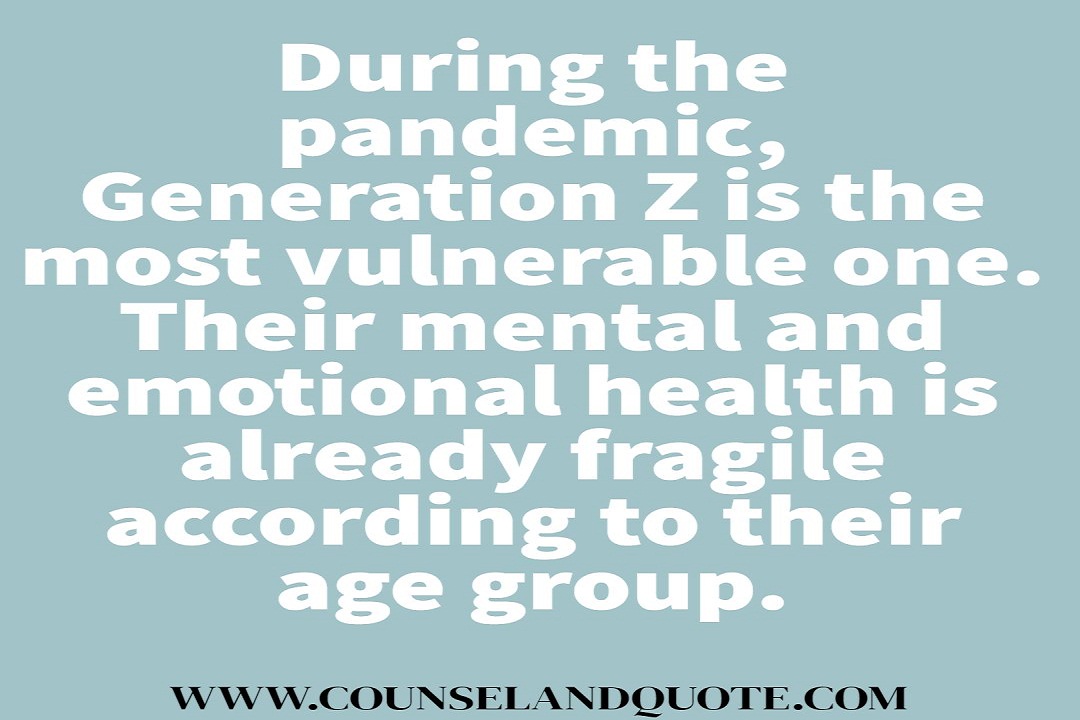
4 – Individualism
Fear of loneliness is due to the uncertainty of abandonment or isolation in near future. Lonely people shiver at the thought of living all by themselves. But individualism is something very different. It focuses on the individual rather than a collective group.
Individualism talks about the intrinsic worth of individuals and individuality. It might work out for some things and some beings within the limit but it is definitely not lending a helping hand in the matter of loneliness among Generation Z.
They are mentally and emotionally vulnerable and they need people on whose shoulders they can lay their heads and breathe.

While chasing individualism, we become over-individualistic.
If we look at the results of the world’s largest loneliness study done by BBC’s Loneliness Experiment in collaboration with Wellcome Collection in which 55,000 people took part states, 40% of 16 to 24-year-olds often or very often feel lonely. It hints at higher levels of loneliness in young people across cultures, countries, and genders.
Other studies have found individualism can be especially strong for students from countries in Asia with a collective culture when they come to study at universities in more individualist English-speaking countries.
5 – Global & Local Concerns
Generation Z takes active participation in the arena that concerns global and local issues across the globe. They are progressive and pro-politics in this field. They are highly concerned about our planet and its rich and vanishing heritage.
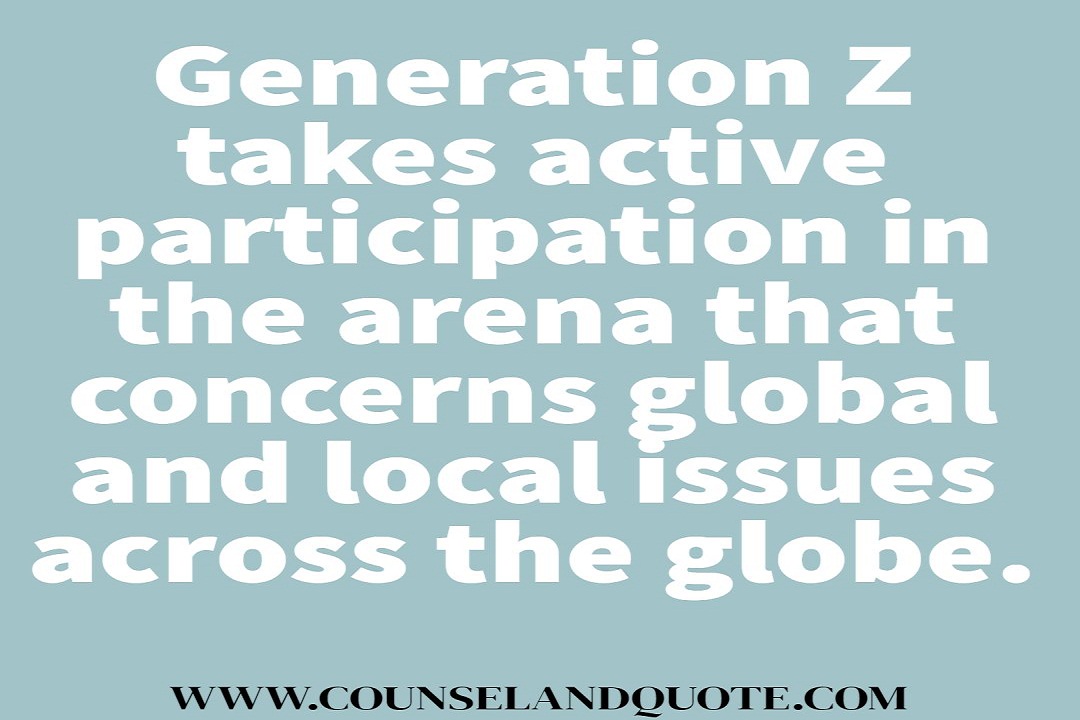
They are aware and interested in world policies. They become anxious easily and set out to protest and find a reliable solution. While doing all this they lose themselves because they are not that good at handling their mental health. Everything that is happening around them makes them stressed, anxious, lonely, and depressed.
6 – Cut-Throat Competition
Generation Z is wildly involved in a cut-throat competition. They all want to outperform and outgrow each other. They have a fear of lagging behind. They fear joblessness, their own capabilities, and some are even indulged in student debt.
They are struggling with their attention span and digital media has to be blamed for this.
All this breaks their self-esteem, confidence and pushes them towards depression, darkness and, loneliness.
7 – Broken Families
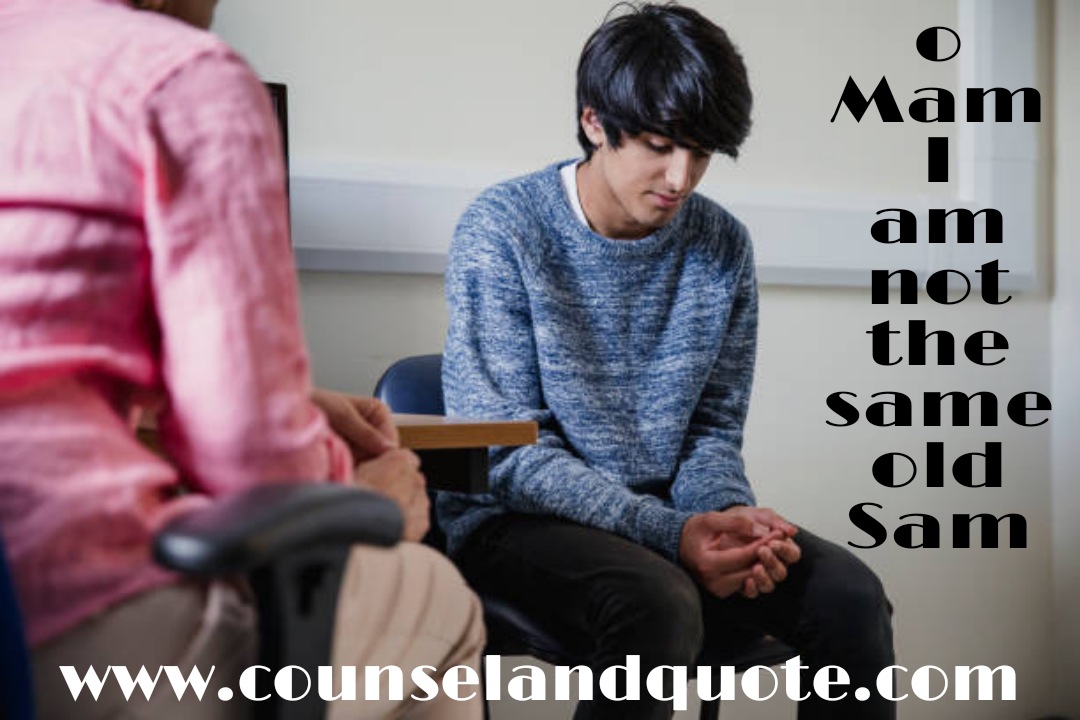
Family is supposed to be a unit that sticks together in every thick and thin. But we are drifting apart because of disagreements and fights. Everyone carries a different personality and different perceptions about similar things. That’s a human tendency.
Weak, cruel, evil, and dysfunctional families are emerging more and more. Families are becoming abusive and toxic. Abusive parents leave toxic impressions on their children.
This is an evil cycle and it inserts stress, tension, depression and pushes the person into a fear of loneliness in Generation Z.
What Are The Harmful Effects Of Fear Of Loneliness In Generation Z?
“Every situation has its repercussion.” Similarly, being in a state of Fear Of Loneliness give birth to some evil problems. We need to understand that fear of loneliness is not the end but the beginning of many problems.
Below there is a list of such issues that are caused as a result of fear of loneliness and will drag you into a dark abyss.
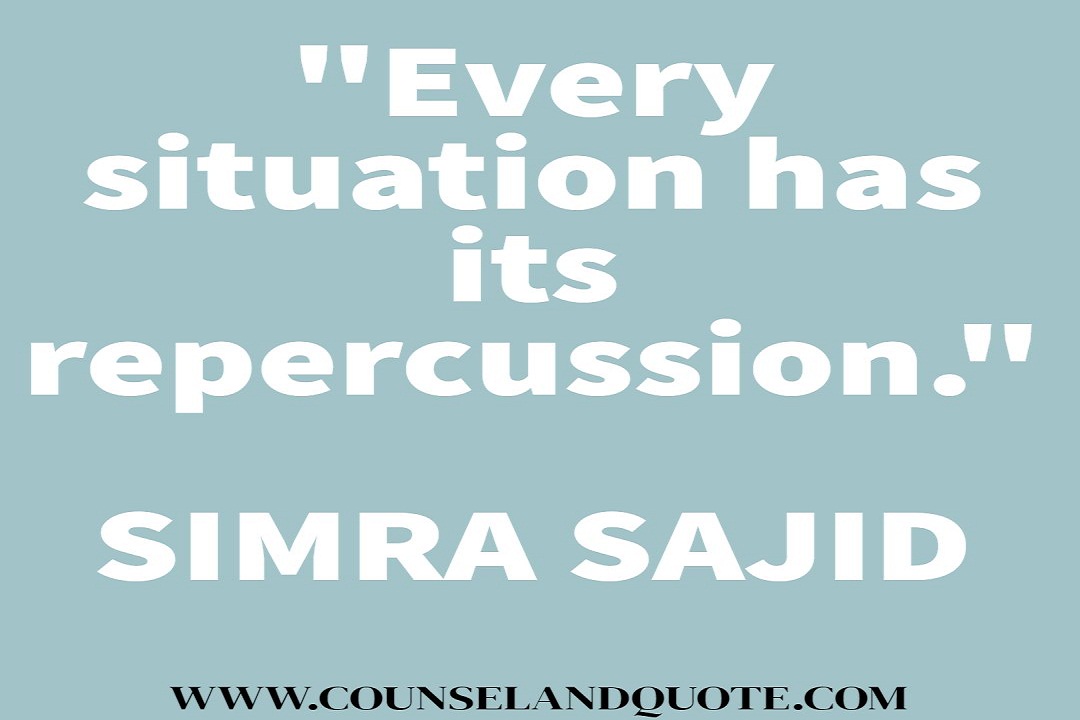
- Loneliness
- Confusion
- Broken Relationships
- Frustration
- Anger
- Vinegar-temper
- Contempt
- Depression
- Suicidal tendencies
- Conflict
- Chaos
- Hostility
- Alcohol Consumption
- Trust Issues
- Lower Confidence
- Lower Determination
- Communication Problems
- Problem In Goal Settings
- Faulty Perceptions
- Trouble In Learning
- Problem In Decision Making
- Anxiety
- Melancholy
- Sulking
- Stunted Mental Growth
- Bereavement Induced Psychosis
- Grief
- Disappointment
- Substance Abuse
- Suffocation
- Restlessness
- Dizzy Thoughts
- Panic Attacks
- Accelerated Pulsation
- Paranoia
- Insomnia
- Pessimism
- Impulse Control Disorder
And the list goes on. Maybe you can’t see all the consequences in one person but it affects differently to different people.
How To Overcome Fear Of Loneliness In Generation Z?
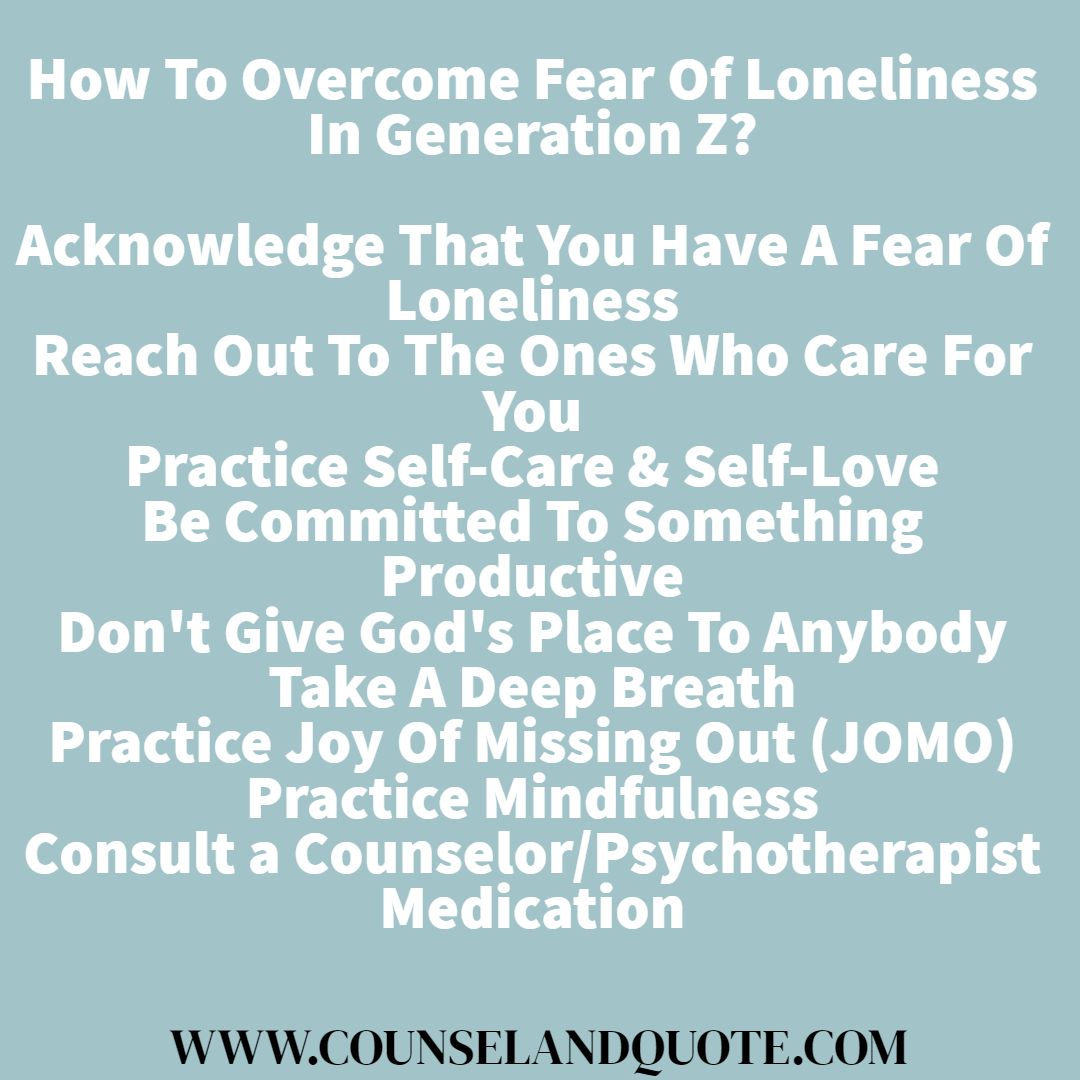
Let’s move towards the remedies of fear of loneliness in Generation Z. We should never lose hope of a brighter future. Come on! make this phase a passing one. Rather run hard to get out of this hell.
Underneath are some cures for this disturbing problem.
1 – Acknowledge That You Have A Fear Of Loneliness
Acknowledging that you have an issue solves half of the problem. Now, once you know you have fear of loneliness, you’ll have a paradigm shift then you start hunting for triggers of your problem and their solutions.
When problems are hazy, solutions are always doubtful.
Admitting is difficult but it is also essential to cure any form of disorder you have. It will give you more strength to handle your situation. So give yourself some time to ponder over your condition and accept the problem.
2 – Reach Out To The Ones Who Care For You
Approaching the ones who understand you and care for you gives you strength as you know someone is having your back.
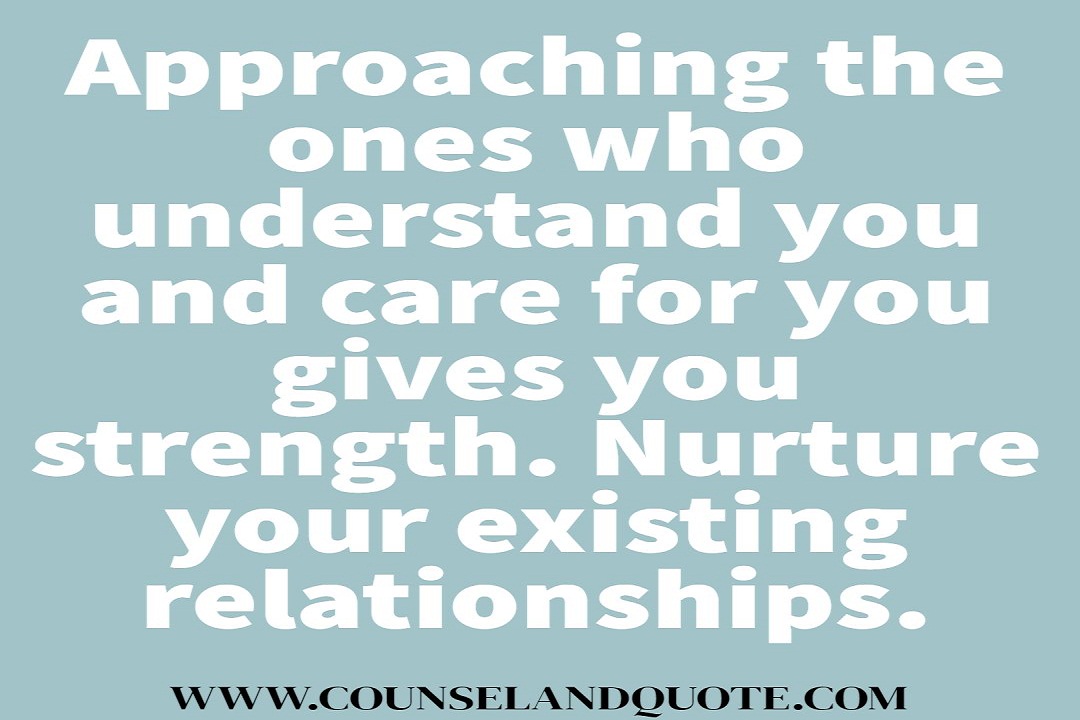
In this case, no one can compete with your parents, teachers, and your close friends. Nurture your existing relationships.
They are going to be by your side no matter what. Open your heart to them, tell them your issue and you’ll feel as if someone has put that burden off your chest.
3 – Practice Self-Care & Self-Love
Read great self-help books, watch motivating self-help videos, listen to boosting self-help podcasts and penetrate those pieces of stuff within you.
Develop the habit of self-care and self-love. Spend more time on your overall well-being. You’ll see the change.
4 – Be Committed To Something Productive
Your purpose guides you. It also means that your lack of purpose misguides you. Tie yourself with a greater purpose in life and you’ll get less time for your fears.
This is very helpful. Generation Z spends most of their time on Social Media but if you have an aim to accomplish you’ll use your time wisely.
Have role models to motivate yourself, surround yourself with visual reminders and affirmations of what you are working towards. It will work in your favor.
5 – Don’t Give God’s Place To Anybody
You become restless when you allot the place of God in your heart to anyone else on the surface of the earth. They are not worth it.
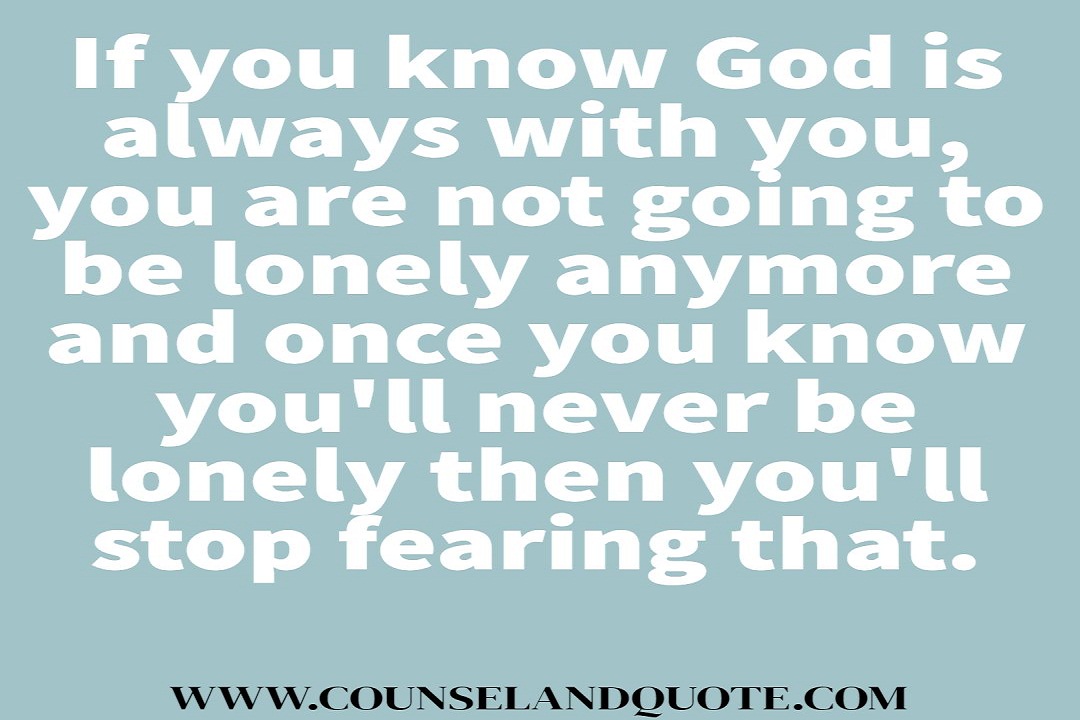
You will not encounter fear of loneliness if you build your relationship with God. If you know God is always with you, you are not going to be lonely anymore and once you know you’ll never be lonely then you’ll stop fearing that.
You need someone who understands you without explaining anything or uttering a single word and God fulfills this condition.
6 – Take A Deep Breath
Yes, this is tiny but significant. I do it whenever I feel heavy. Inhale serenity and exhale restlessness. Tackle your condition step by step. Don’t panic.
7 – Practice Joy Of Missing Out (JOMO)
JOMO is a sociological phenomenon and it is used against Fear Of Missing Out (FOMO). It is serene because it gives you peace of mind and keeps your feet planted and your head composed.
“JOMO teaches you the art of living in the moment and enjoying it to the fullest.” You stop worrying and start enjoying yourself.”
8 – Practice Mindfulness
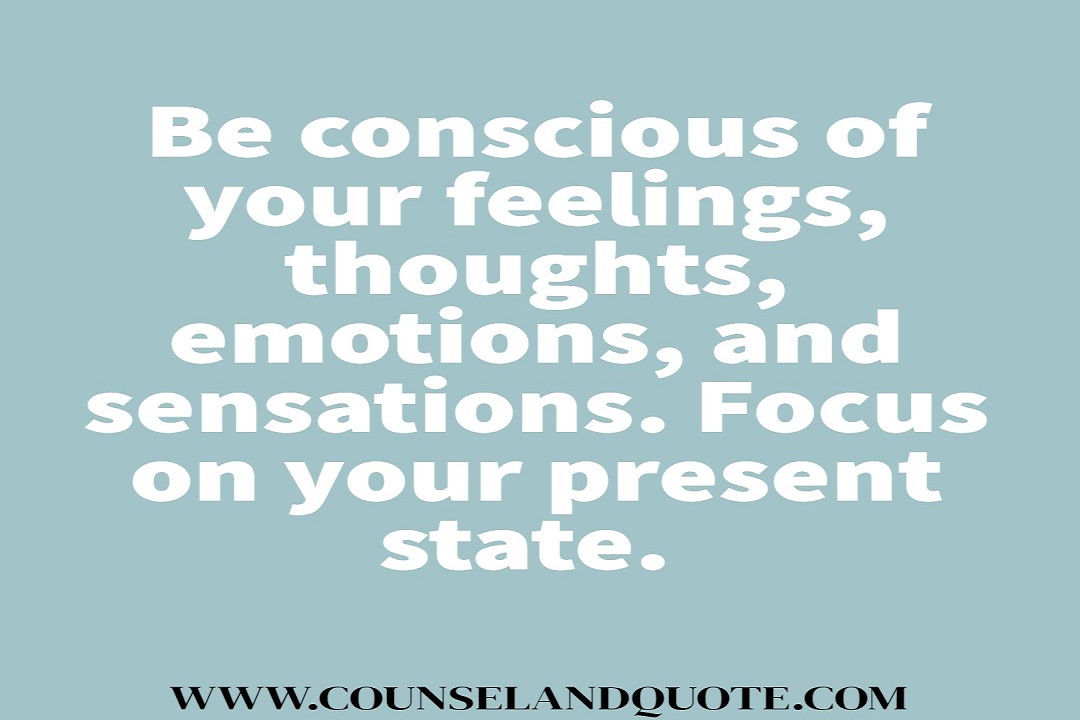
Practice mindfulness as much and as better as you can. Live in the moment. Be conscious of your feelings, thoughts, emotions, and sensations. Focus on your present state.
It will help you heal. Your mind will be occupied by positive and healthy energy and you won’t sulk about fear of loneliness.
9 – Consult a Counselor/Psychotherapist
When you have this fear of loneliness all the time you should go to a counselor/psychotherapist. You need to be understood. You need to vent out the emotions that you are suppressing.
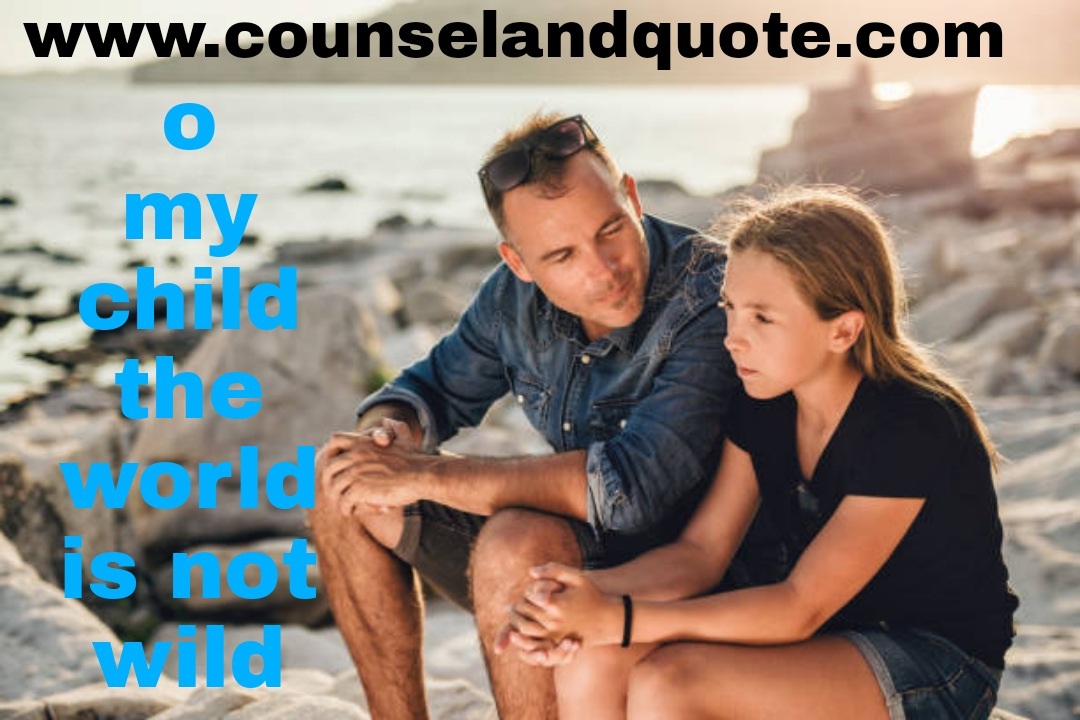
You need an eruption, you might be overflooded. The therapist will guide you, they understand you. They give you a solution. They might do some therapies like
- Exposure Therapy
- Cognitive Behavioral Therapy (CBT)
10 – Medication
Medicines will be prescribed by a psychiatrist to uplift your brain chemistry. It works as a complement to your psychotherapy also. It takes a relatively greater time to treat.
It is important to let your doctor know if a medication does not work or if you experience side effects. They are not habit-forming. They will help you eradicate your fear of loneliness.
This article highlights the Fear Of Loneliness In Generations Z. It will furnish you with a deep analysis of the issue in our youngest generation and the loneliest generation that is currently between 9 and 24 years old.
It incorporates detailed insights regarding subtle causes, grave consequences and effective remedies about fear of loneliness in generation Z.It is a must-read article.
I have put my heart and soul into writing this utterly vital article on the issue of fear of loneliness in generation Z.
Kindly comment your valuable feedback down in the comment box. Please share it with everyone out there. And spread the word to help the world.
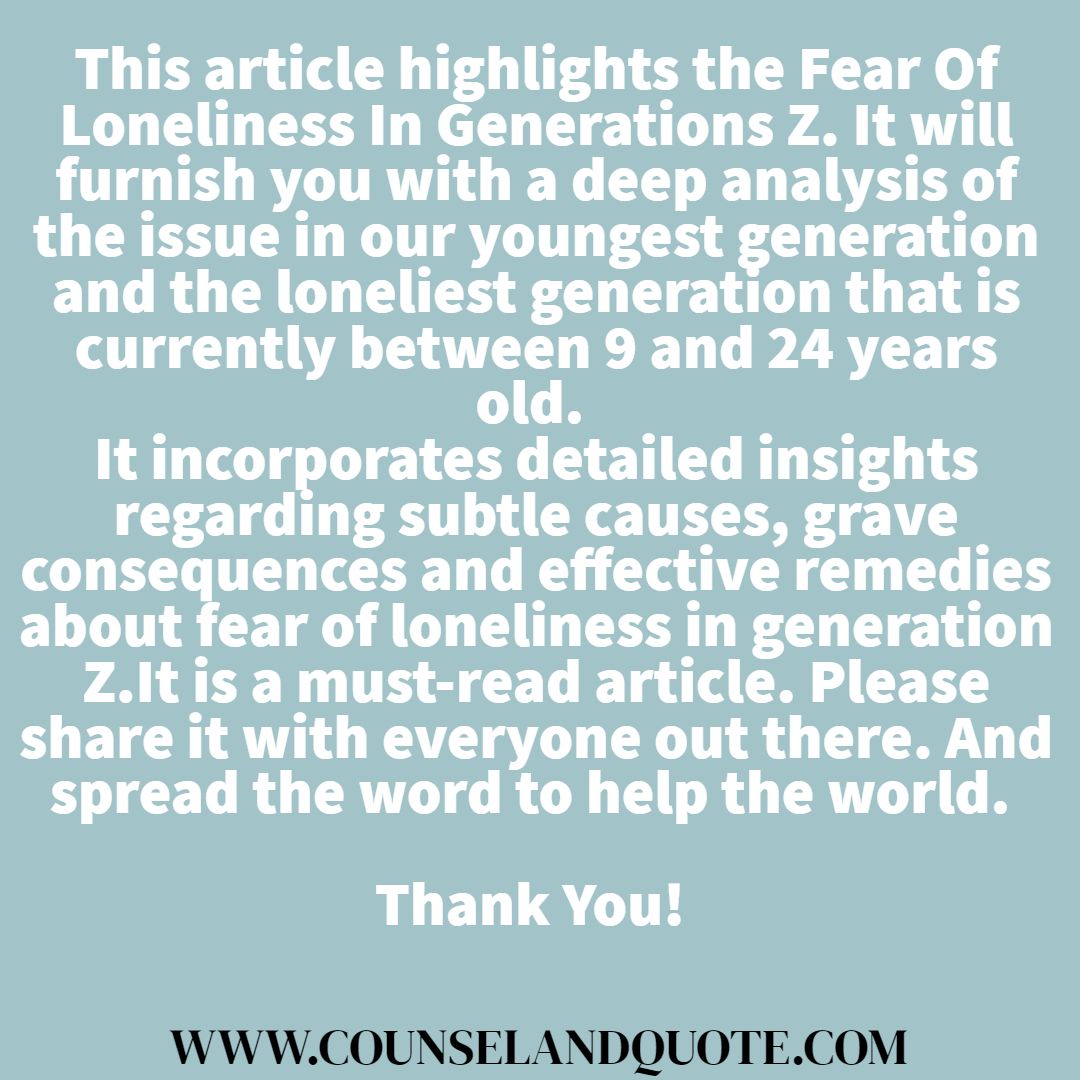
Thank You!


3 thoughts on “Fear Of Loneliness In Generation Z| A Deep Analysis”